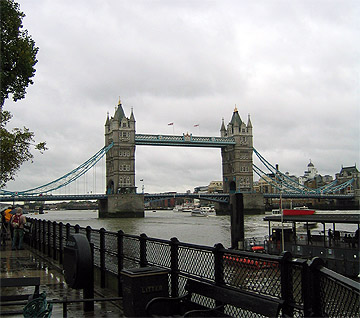Ode
The eternal song of youth whistles
Through the golden grass of the past.
The stream babbles across the forest floor
Dodging every tree, root, and trunk as
Log draw bridges span the great creek bed
Paving an adventure through
The treacherous territory of the imagination.
Moss seeps through the bark of the trees
Down to the jeweled pebbles and
Up to the veined canopy above
Covering the world with a velvet sage.
Through sun, through rain, through snow,
The melody carries over the glassy pond;
Sun kissed faces reflect in the water
Only to grow wrinkled and then disappear
With he setting of the copper sun.
The moon cries fiery tales that lick
The freckles of those sitting nearest
Her warm witty embrace.
The stars bounce through the heavens
Trumpeting the wishful ode
Carried on their shimmering tails.
And off on the distant horizon the beams
Of the promised morn beckon
To the golden grass.








